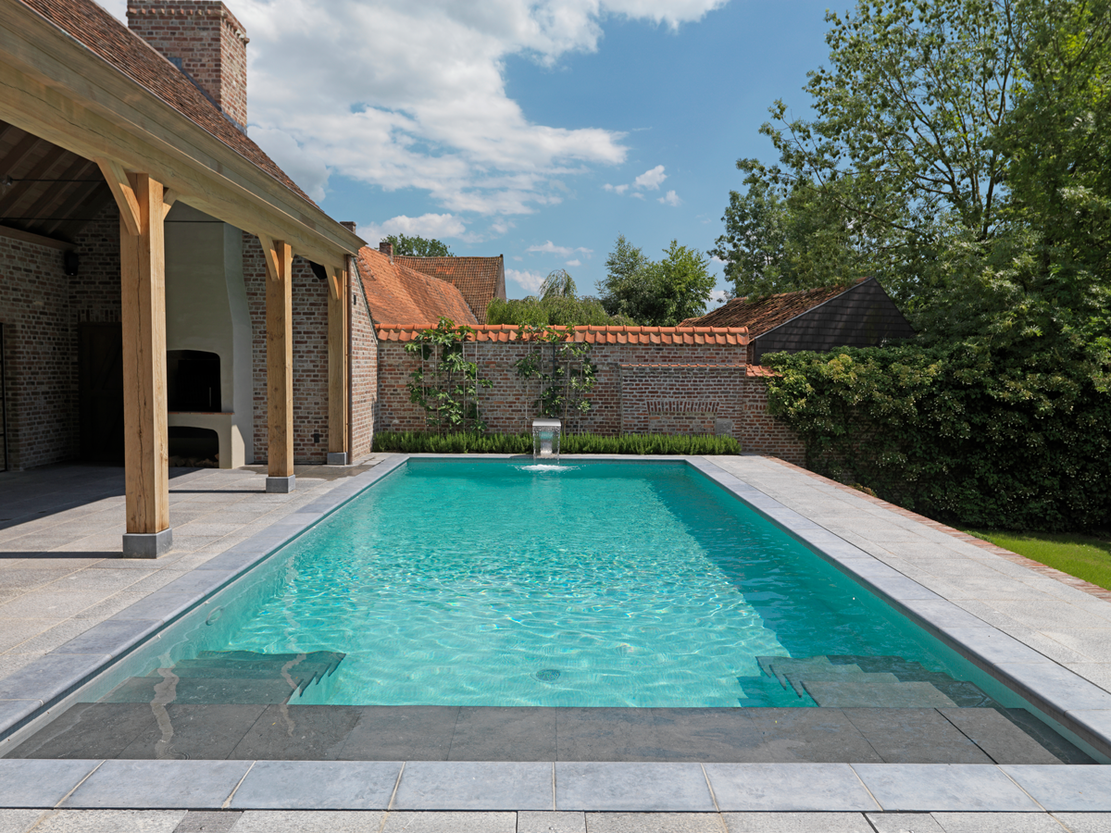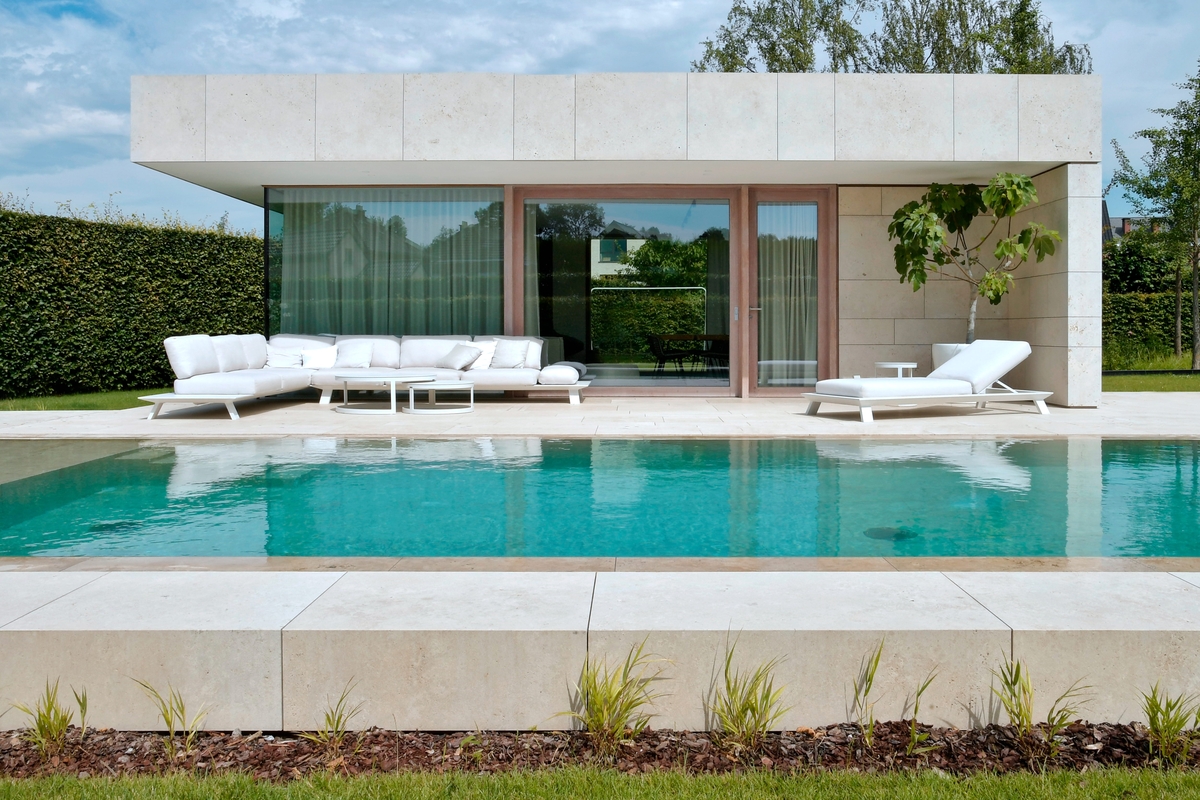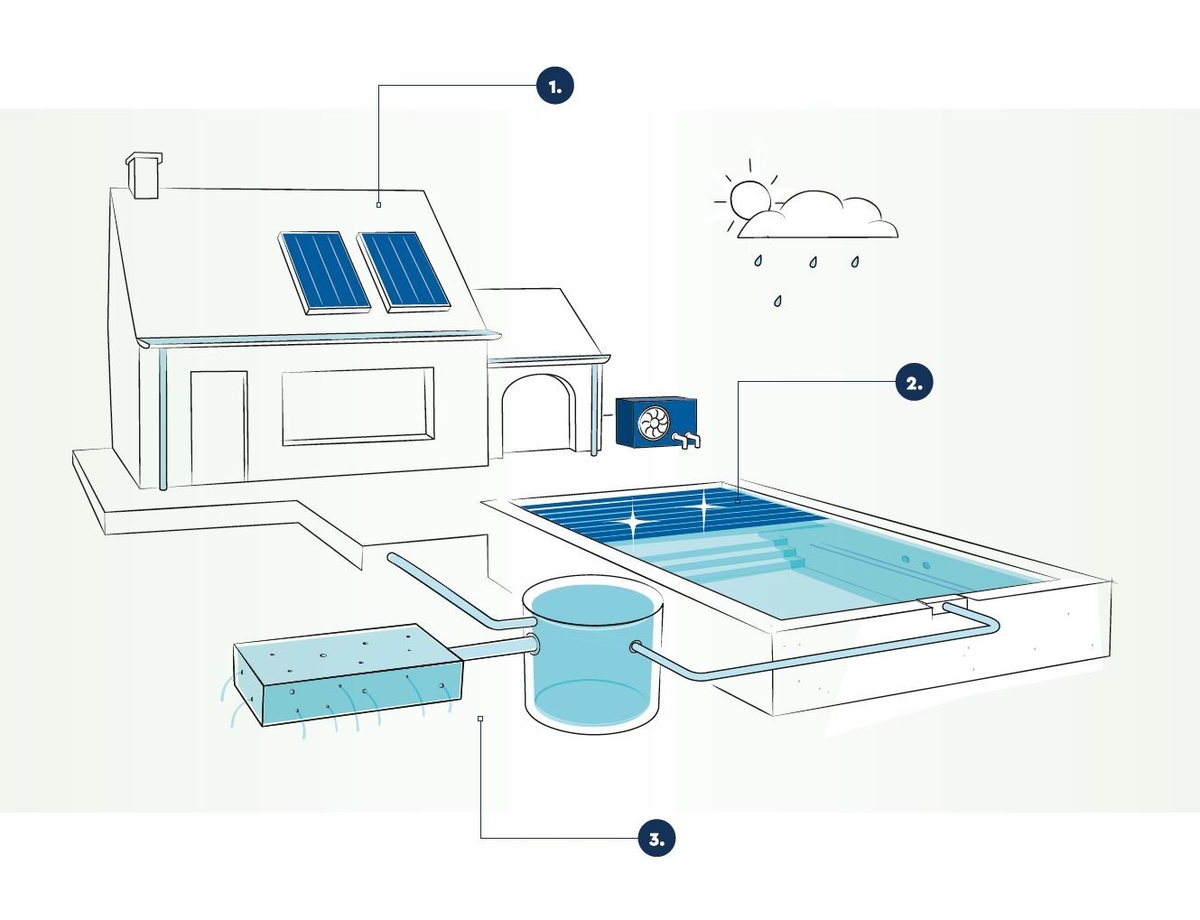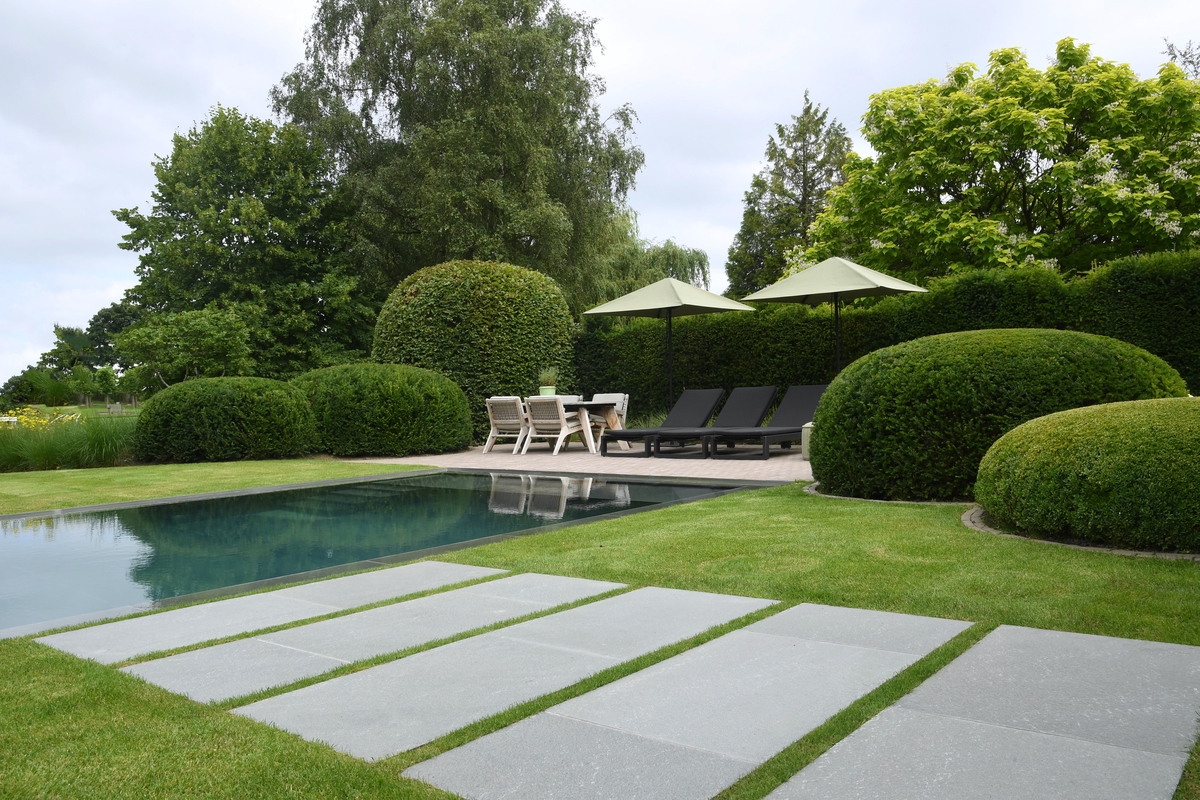We cannot tell you exactly how much your outdoor pool will cost in terms of energy consumption, alas. This depends on a large number of factors, as you will discover later in this blog. If we had to give a general estimate, we would say that the average running cost is around €1,500 per year. Would you like to save on this? Then be sure to read on.





